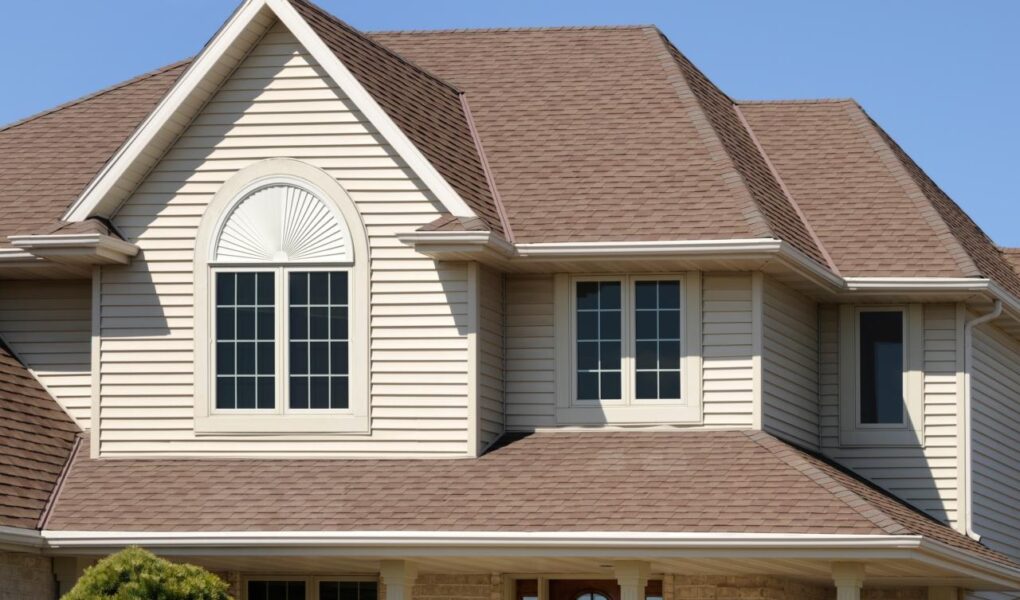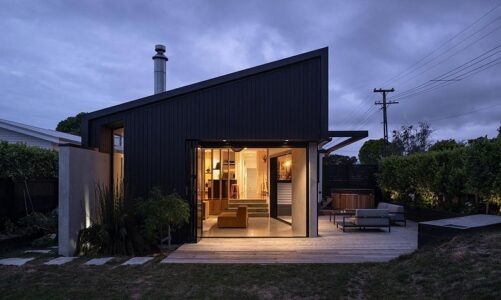There are many different types of residential roofing materials, and they all have their pros and cons. If you’re planning on replacing your roof soon, it can be hard to decide which material is best for you unless you have contacted a reputed roofing company like – Advosy. This blog post will break down the major differences between asphalt shingles, metal roofs, tile roofs, and more so that you know what may work best for your home.
Asphalt Shingles
The most popular type of residential roofing rock hill sc in the U.S is asphalt shingles. They are a great option overall because they are affordable, durable, and easy to install for anyone with basic home repair skills.
They’re also pretty much guaranteed not to blow off your house during a storm unless you live somewhere prone to hurricanes or tornadoes. The downside is that they don’t last as long as some other materials. There’s even debate among professionals over whether it’s worth replacing them after 25 years or if it would be more cost-efficient just to pay someone else to replace them when the time comes. However, there are plenty of homeowners who have had the same roof on their house for 30+ years, so there are also those who fall on the other end of the spectrum.
Metal Roofs
Metal roofs are also popular and available in a wide variety of styles. They come with plenty of perks, but there’s also some downsides you’ll want to be aware of before choosing this material.
One of the biggest perks is that metal roofs are usually very long-lasting. They can last up to 50 years before needing repairs or replacement, which means you won’t have to worry about your roof for a long time. You also get great protection against storms and other natural disasters, so they’re good if you live in an area prone to hurricanes or tornadoes.
Metal roofs also add value to your home when you decide it’s time to sell. They can raise the price by thousands of dollars more than if you had had asphalt shingles instead. However, many homeowners end up selling their homes before the roof ever needs to be replaced, so this isn’t really a perk that you get every day. Some homeowners have also complained about the noise associated with metal roofs—if they’re installed correctly, there should be no noises from rain or wind. However, if something is off and the rain drumming against your roof gets too loud, it could drive some homeowners crazy.
Tile Roofs
Tile roofs are made of ceramic and come in a variety of styles such as flat tiles, Spanish tiles, clay tiles (terra cotta), etc. They’re usually more expensive than asphalt or metal roofs ($3–8 per square foot) but sometimes have larger warranties as well (up to 50 years). Another advantage is that they offer better protection against fire due to their non-combustible materials.
Slate Roofs
Slate roofs are very popular in colder parts of the country, mostly because they’re more likely to last longer than any other type of roof (up to 100 years). In addition to being fire resistant and having a long lifespan, they also offer excellent protection against hail. The downside is that they can be expensive and difficult to install—installation costs can start at around $20 per square foot and go up from there depending on your choice of materials. Some slates are quite heavy so you’ll need extra support structure which will add even more cost as well.
How Residential Roofing Materials Should Be Installed
All residential roofing material should be installed by licensed contractors. Even if you’re fairly confident in your DIY skills, there are too many safety risks to take the chance. It’s also vital that roofing material is installed properly and by professionals so that it will last a long time without needing repairs or replacements.



